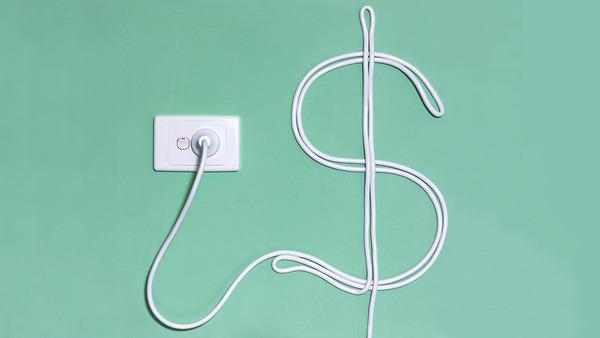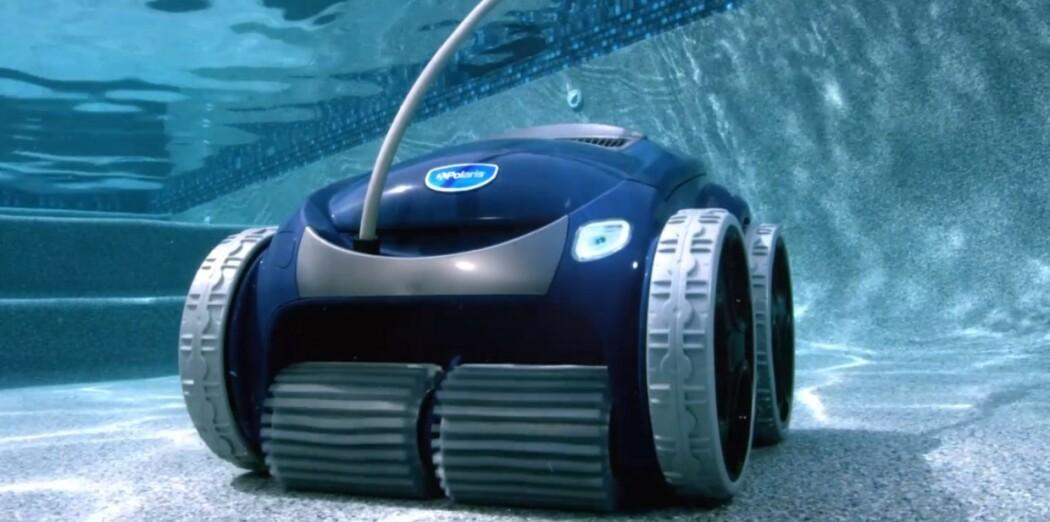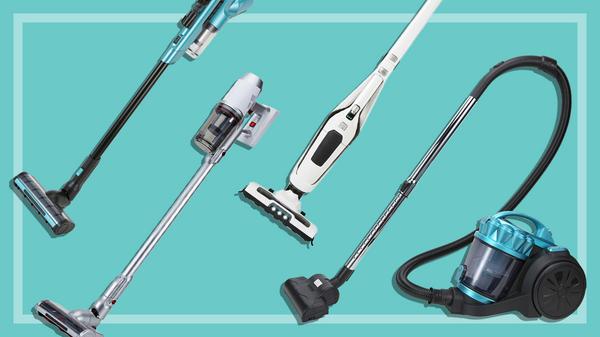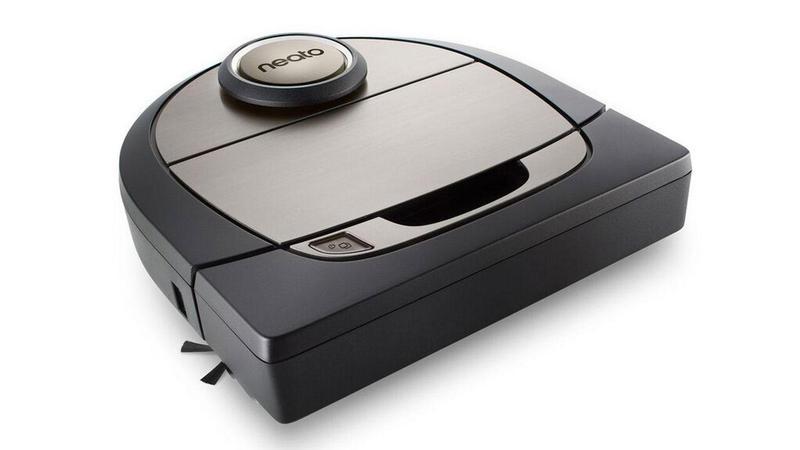How to avoid power-hungry kitchen appliances
Heating and cooling appliances may be the biggest guzzlers of energy in Australian households, but kitchen appliances can use a surprising amount of energy, too.
The biggest offenders are the kitchen appliances that simply aren't energy-efficient, and those that are switched on all day, every day.
We crunch the numbers and look at some of the most and least energy-hungry appliances, and CHOICE experts share their advice on saving money and energy in the kitchen.
On this page:
Fridges and freezers
Because fridges and freezers need to be plugged in and running 24/7, they're the most energy-hungry appliances in your kitchen and account for around eight percent of an average home's energy use.
But there are ways you can reduce the amount of electricity that your fridge guzzles.
Do you really need a big fridge?
CHOICE whitegoods expert Ashley Iredale says bigger fridges will use more energy because of the larger space they have to cool, which is reflected in the results of our latest fridge reviews.
When we compared the energy costs of running a fridge over 10 years (to give you an idea of the effect your fridge will have on your energy bill over its lifetime). We found a whopping $1400 difference between the most and least energy-hungry fridges.
We found a whopping $1400 difference between the most and least energy-hungry fridges
But if you do need a bigger fridge, there are more energy-efficient options available. For example, Mitsubishi has a similar-sized fridge with a 10-year running cost that's around $700 cheaper than the two energy-hungry examples below.
Least energy-efficient fridges
Samsung SRF717CDBLS
Samsung SRF719DLS
Most energy-efficient fridge
Haier HRF328W2
Rethink the second fridge in the garage
It's a mainstay in garages across the country – the second fridge, usually reserved for beer or other beverages. It's handy if you're short on fridge space in the kitchen, but you pay a premium for the convenience.
"In many cases people will replace their existing fridge, and move the old one into the garage to use as the beer or entertaining fridge," says Ashley.
"But these 'second fridges' could be around 10 to 15 years old by the time they're moved into the garage, which means they won't be as energy-efficient as the latest models. And it will be working extra hard to keep your drinks cool as garages aren't insulated as well as homes."
If you can't give up your second fridge, Ashley suggests only plugging it in when you're entertaining.
"Most of the time they're only used for big gatherings, so there may be no need to keep it plugged in all year," he says.
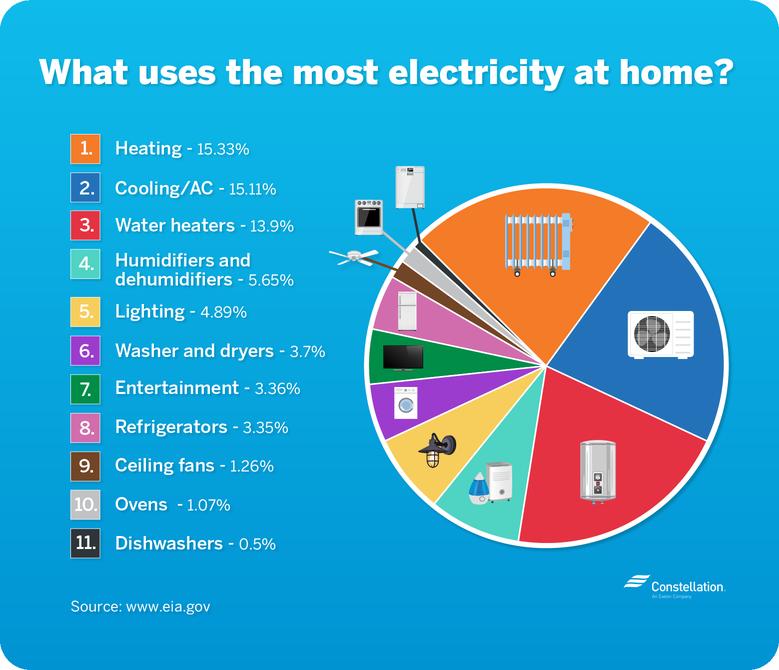
The big energy guzzlers are the kitchen appliances that simply aren't energy-efficient, and those that are switched on all day, every day.
More fridge energy-saving tips
Whichever fridge you buy, there are a few extra things you can do to keep it from using more energy than it needs.
"Set your fridge's temperature to 3 to 4 degrees and your freezer to -18 degrees. This increases its energy efficiency without compromising on food safety," says Ashley.
Limit the number of times you open your fridge door. Whenever cool air escapes, the fridge will use more energy to replace it.
Don't overfill the fridge, as the cool air still needs to be able to circulate
"Grab everything you need in one go," says Ashley. "Or if you're looking for a new fridge, consider one with a 'see-through' door so you won't have to wonder if there's still half a container of cooking cream in the back."
It's also worth checking the seals and replacing any that are faulty or damaged as they can let cool air leak out.
And keep your fridge fully stocked. "A full fridge has a higher thermal mass, which means your compressor won't cycle as often, leading to a small reduction in energy use," says Ashley.
But don't overfill the fridge, as the cool air still needs to be able to circulate.
Dishwashers
These labour-saving devices are also more energy- and water-efficient than washing by hand. But not all dishwashers are created equal when it comes to energy efficiency.
Looking at our latest dishwasher reviews, the model with the highest 10-year running costs will set you back $1140 more than the cheapest.
Least energy-efficient dishwashers
Haier HDW13V1W1
Haier HDW13V1S1
Most energy-efficient dishwasher
Omega ODW101W
While it's probably not surprising that a smaller dishwasher will use less energy, it's still worthwhile comparing energy costs for the size of dishwasher you want. Particularly as you may have less flexibility if you're replacing an existing built-in model.
For example, theInalto IDW604S is the same size as the two Haier models, but its 10-year running costs come in $848 cheaper.
More dishwasher energy-saving tips
"Use the eco mode function on your dishwasher," says Ashley. "It will save you energy and if you use a good-quality detergent it should still do a good job of cleaning your dishes.
"And wait until it's full before you run it – this will save on water too."
Ovens
There are multiple factors to take into account when choosing the right oven for your needs.
But if you're looking at reducing your energy in the kitchen our wall oven reviews show which ones are the most and least expensive to run over 10 years.
Least energy-efficient oven
Fisher & Paykel OB76SDEPX3 (75cm wide)
Most energy-efficient oven
Bosch HBG6753S1A (60cm wide)
Again, the above example shows a larger appliance using more energy than a smaller one, but it's definitely worth doing a thorough comparison when you're looking for an oven.
We found similarly large, but different-shaped, 90cm wide ovens,Fisher & Paykel OB90S9MEPX3 andDeLonghi DEP 909M, that would be $65 and $165 cheaper, respectively, to run over 10 years.
More oven energy-saving tips
Fiona Mair, CHOICE's kitchen expert, also suggests baking or roasting on multiple trays to save on time and energy.
"Anything that cooks at roughly the same temperature is ideal," she says. "Such as a tray of potatoes while your chicken roasts, or cooking one tray of muffins and another of biscuits."
You can also lower your energy use by minimising the number of times you open the oven door, only preheating your oven when a recipe says to, and replacing any broken seals that are letting heat escape.
Air fryers can cook meals in a shorter amount of time than an oven.
Benchtop kitchen appliances
Kitchen appliances (including ovens and cooktops, but excluding fridges and dishwashers) are responsible for about five percent of your home's energy use.
Smaller appliances generally use less energy than larger ones. So instead of turning on the oven, consider using slow cookers, microwaves and air fryers instead.
Instead of turning on the oven, consider using slow cookers, microwaves and air fryers
"Slow cookers use very little energy, and air fryers can cook meals in a shorter amount of time," says Fiona.
Microwaves will cook or reheat food faster than an oven, but there can still be a difference in energy use between models. Looking at the models in our latest microwave reviews, that difference can be as much $15.45 in annual running costs.
Other appliance switches you might consider are using a toaster or sandwich press instead of a grill, or a kettle instead of boiling water on the cooktop. "And only boil as much water as you need in the kettle," says Ashley.
Other energy-saving tips
Use a plug-in power meter
You can find out how much energy your kitchen appliances are using by plugging them into a power meter and use that knowledge to either run them when prices are low (if you're on a flexible pricing plan). Alternatively, it could be the justification you needed to buy a more energy-efficient model.
Standby for switch-off
Many kitchen appliances are only plugged in at the point of use (food processors, blenders, stand mixers etc.), so don't use much if any standby power.
But for others such as kettles, toasters and coffee machines, you may want to switch them off at the power point when they're not in use. It won't necessarily lead to huge energy savings, but every little bit helps, plus it's better for the environment.
Of course, it's not always practical to switch off every kitchen gadget – not having to figure out how to reset the clock on your microwave every time it's switched on is surely a small price to pay.
We care about accuracy. See something that's not quite right in this article? Let us know or read more about fact-checking at CHOICEWe care about accuracy. See something that's not quite right in this article? Let us know or read more about fact-checking at CHOICEJoin the conversation
To share your thoughts or ask a question, visit the CHOICE Community forum.
